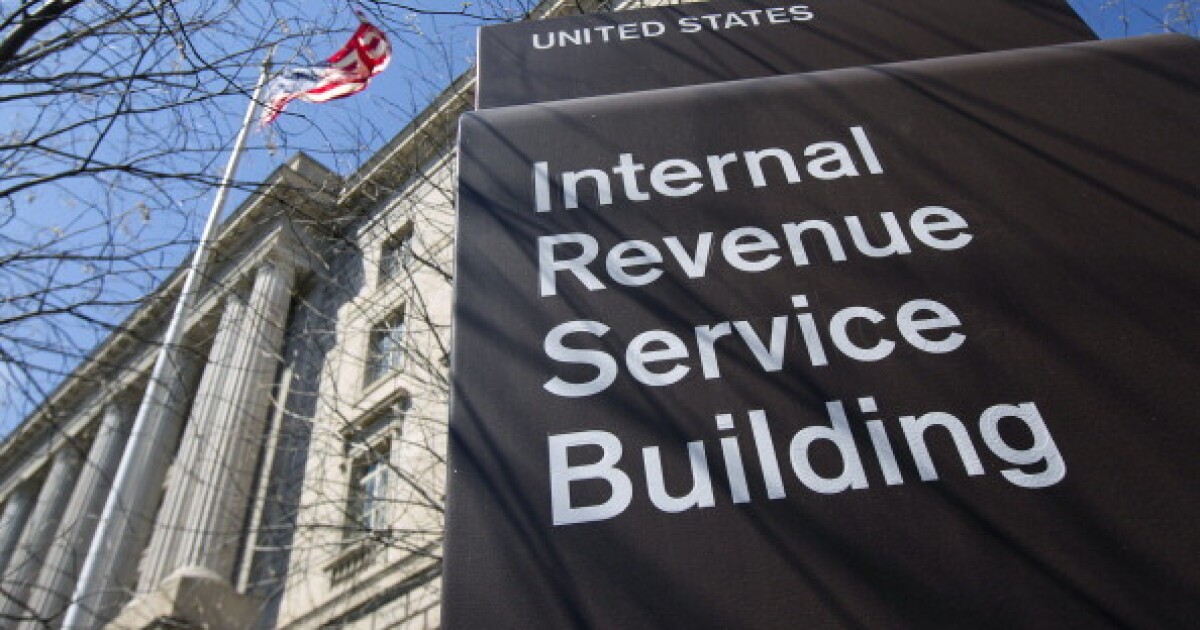Ultra-conservatives in the House are threatening to block a budget blueprint to kickstart tax cut negotiations, potentially delaying passage of President Donald Trump’s economic plan.
The lawmakers oppose a Senate-passed tax outline and are threatening to hold up a key vote this week over concerns it does not adequately address the deficit. Both the House and Senate must agree to the parameters of tax and spending cuts before they can advance the president’s signature economic plan.
“I would be surprised if it comes up for a vote. There are so many no votes,” Representative Andy Ogles, a Tennessee Republican, told reporters on Tuesday.
The opposition follows a White House meeting Trump held earlier Tuesday with some of the holdouts to urge them to support the measure. Republican House Speaker Mike Johnson joined the president in the session seeking to persuade the lawmakers to change their positions.
Following the meeting, Trump said he reassured lawmakers that he was in favor of major spending cuts. He set a $1 trillion target — half of what conservative holdouts are seeking.
“WE ARE GOING TO DO REDUCTIONS, hopefully in excess of $1 Trillion Dollars, all of which will go into ‘The One, Big, Beautiful Bill,'” Trump wrote. “I, along with House Members and Senators, will be pushing very hard to get these large scale Spending Cuts done, but we must get the Bill approved NOW.”
The message resonated with some. Representative Byron Donalds, a Florida Republican who had blasted the Senate budget, said after the Trump meeting he would vote for it.
But not all were won over.
“Totally appreciate where the president stands on this but at the end of the day the Senate needs to do its work,” Ogles said, suggesting that the Senate should instead adopt a budget plan more in line with the ultra-conservatives’ views. He estimated about 30 House members who oppose the budget outline.
The key dividing point is whether the tax plan should call for trillions — or mere billions — in spending cuts.
The Senate early Saturday passed a budget plan allowing $5.3 trillion in tax cuts and a $5 trillion debt ceiling increase that required just $4 billion in spending cuts. That differed sharply from an earlier House-passed budget allowing $4.5 trillion in tax cuts and a $4 trillion debt ceiling increase in exchange for $2 trillion in cuts.
Some Senate Republicans objected to provisions in the House budget targeting food assistance and Medicaid health coverage for the poor and disabled.
Senate Republicans said they plan to find far more than $4 billion in cuts, but House spending hawks are skeptical. House ultra-conservatives were especially irked by a Senate decision to use a budget gimmick to assume that the $3.8 trillion price tag for extending Trump’s 2017 tax cuts costs nothing.
“We won’t move something unless it’s hitting certain numbers” on spending cuts in line with the earlier House-approved budget, said Republican David Schweikert of Arizona, who added he was still planning to vote against the current budget plan after attending the White House meeting.
House members including Marjorie Taylor Greene of Georgia and Scott Perry of Pennsylvania also have criticized the Senate outline for being far too lax in its directives for spending cuts.
“You don’t have to be a calculus major to know that the math isn’t adding up,” Perry said.
Johnson said on Tuesday that “time is of the essence” in passing the budget blueprint. Following the White House meeting, he predicted a vote would still occur this week. Lawmakers plan to leave Washington later this week for a two-week holiday break.


 Economics1 week ago
Economics1 week ago
 Personal Finance7 days ago
Personal Finance7 days ago
 Accounting1 week ago
Accounting1 week ago
 Economics1 week ago
Economics1 week ago
 Blog Post4 days ago
Blog Post4 days ago
 Economics1 week ago
Economics1 week ago
 Economics5 days ago
Economics5 days ago
 Personal Finance7 days ago
Personal Finance7 days ago












